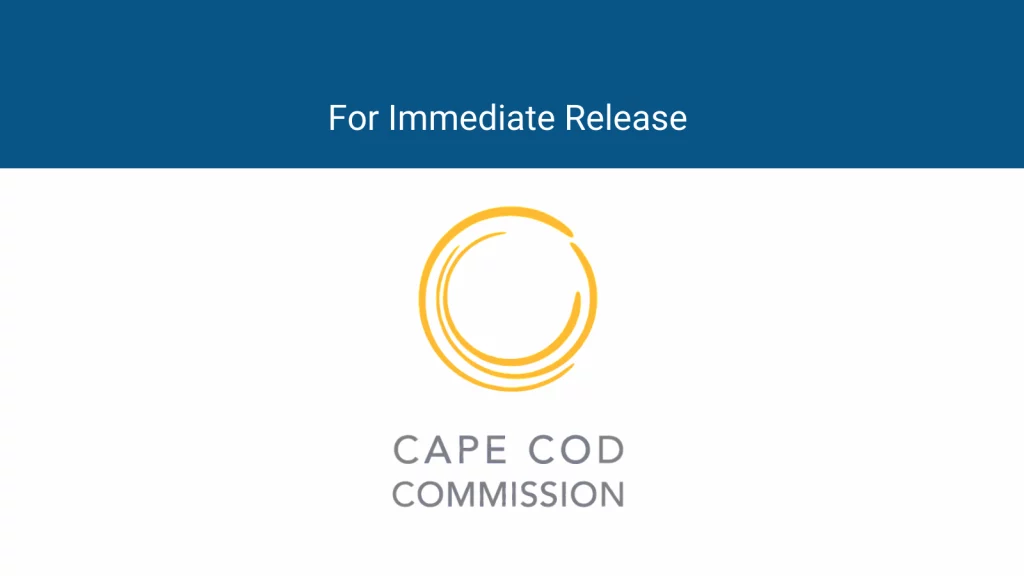
Cape Cod Commission to create regulatory tools for development in the floodplain

Local climate action efforts supported by state Planning Assistance Grant
For Immediate Release (October 18, 2022) – The Cape Cod Commission (Commission) is pleased to announce it has received funding through the state’s Executive Office of Energy and Environmental Affairs (EEA) to create new regulatory tools for development in the floodplain.
The $148,534 awarded to the Commission is part of over $1.2 million in Planning Assistance Grant Program funds awarded recently by the Baker-Polito Administration. The grant program provides municipalities with critical funding to undertake public processes and hire technical expertise to mitigate and prepare for climate change impacts, improve land use practices, conserve and sustainably develop land, and diversify housing choices.
Nineteen percent of the Cape Cod region is in the FEMA Special Flood Hazard Area (SFHA). Today, flooding threatens more than 13,000 single-family homes within the SFHA, worth a combined $9 billion. With the increased risk of climate change and rising sea levels, even more is at stake.
“Managing development in coastal resource areas is a priority strategy outlined in the Climate Action Plan,” says Cape Cod Commission Executive Director Kristy Senatori. “This project will help the region meet its climate resiliency goals while working to protect Cape Cod’s character.”
The Commission will work with Urban Harbors Institute and the law firm of Noble, Wickersham, and Heart to develop regulatory tools, including a coastal floodplain zoning bylaw and wetland regulations, that towns may adopt to support existing wetlands bylaws. Project partners include the Cape Cod Cooperative Extension, Woods Hole Sea Grant, and the towns of Chatham, Eastham, Provincetown, Truro, and Wellfleet.
When complete, these new regulations will add to a suite of tools designed to improve the region’s resiliency and guide development away from potential hazards.



